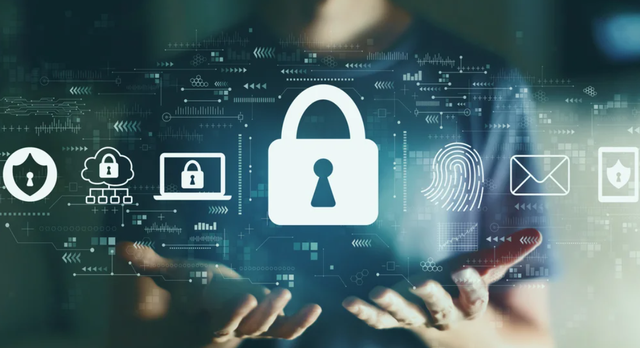
The quantum computing industry is experiencing a rapid development that could forever change the way we handle data, do science, and protect digital information. Major technology companies such as IBM, Amazon, Microsoft, and Google have entered an advanced race to develop quantum chips with huge capacities, capable of error correction and information processing in ways that exceed the limits of classical computers.
A revolution in data processing
Quantum computers are not based on traditional bits of 0 and 1, but on qubits, which can exist in more than one state at the same time, through a phenomenon known as superposition. This allows quantum systems to perform billions of calculations simultaneously, opening up new possibilities for solving problems that are currently impossible for conventional technology.
The areas of benefit are wide:
Medicine and biotechnology
Discovery of new drugs, molecular simulation, and personalized diagnosis could be revolutionized through quantum computing power.
Artificial intelligence
Training large models and natural language processing can become more efficient and powerful.
finances
Market analysis and risk modeling become more accurate and faster.
But in the backdrop of this revolution that promises a more powerful future, lurks a real and urgent threat to global cybersecurity.
Cybersecurity risk
Current cryptography systems are based on algorithms that rely on the complexity of certain mathematical problems, which are practically unsolvable by classical computers. But quantum computers, thanks to algorithms like Shor's Algorithm, will be able to decipher these codes dramatically faster.
This means that:
Data that is considered secure today – whether in banks, state institutions or private networks – could become readable in the future by a quantum computer.
Encrypted communications, including those used by diplomats, governments and military systems, could be compromised if new measures are not taken.
The road to quantum security
Faced with this risk, the global technology and security community is striving to develop quantum-resistant cryptography, with new algorithms that cannot be broken by quantum technology.
Organizations like NIST (National Institute of Standards and Technology) are already in the process of selecting new post-quantum security standards, which will replace current systems.
An endless, but dangerous potential
Quantum technology is a double-edged sword: on the one hand, it opens up a new era of information processing and scientific advancement; on the other, it poses existential risks to data integrity and privacy worldwide.
For this reason, it is essential that the development of quantum power goes hand in hand with the development of quantum security, to avoid a possible digital crisis in the near future. The world must prepare not only to benefit from quantum power, but also to control and protect it.
Source: https://www.investmentmonitor.ai





